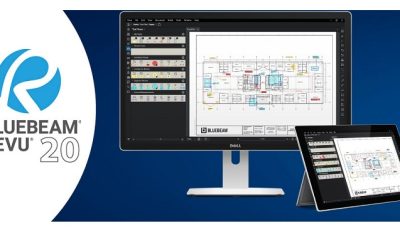Executive summary. Extra work on a construction project must be delivered at fair and reasonable prices. Owners should know they have this right in their Contract, and Contractors should know the owners have this right too.
Here comes the extra work. A new scope of work has been added to your project – say the owner adds 2,000 lineal feet of sidewalk. There are two basic ways to build the sidewalk: form and pour it traditionally, or slipform it using a machine.
Contractor sees an opportunity. The quantity of sidewalk may be enough that the Contractor thinks he can use this as an opportunity to add to his fleet – his fleet of formwork or his fleet of equipment.
The Contractor may say “there’s so much footage here of sidewalk that I need to buy new steel forms” or “there’s so much footage here that I think I better buy a slipform machine”.

But all I needed was 2x4s and some guys. The Contracting Officer likely has seen sidewalk placed a hundred times, and each time it was with a bunch of workers and some tired 2×4 forms with steel pins at $10/square foot. Now the price comes in at $20/square foot and upon inquiry the price reflects installation using a slipform machine. The Contracting Officer is naturally asking “Why am I paying for installation using a machine at twice the normal price when I’ve been paying half the price for all these years?”
What’s paid should be fair and reasonable. FAR Section 15.404-1 Proposal analysis techniques ensures that the federal government receives fair and reasonable prices. Many public contracts also include this fair and reasonable language. Is it fair for the Owner to pay for a component of the Contractor’s venture into slipform sidewalk construction?
What’s the point here? The point here is that Owners should know that they have the right to pay what is fair and reasonable. They shouldn’t have to fund what the Contractor realized was an opportunity to add value to the Fixed Assets section of their balance sheet. If the cost on the street is $10/square foot and there are not special circumstances, that’s probably what the work should cost the Owner.
My story. Recently, as an Owner’s representative, we were asked to review the cost presented by a Contractor for the addition of a significant scope of work. The work was tough and required some specialty equipment that was available locally for rent. It was an opportunity for the Contractor to acquire a new piece of equipment wholly at the Owner’s cost. The cost to procure this new piece of equipment was significantly more than renting the piece. One of our engineers said it best when he said that the Contractor’s price was analogous to rideshare: “when I need a ride to the bar for drinks, I expect to be provided a clean seat and transport within the speed limit. If you choose to pick me up in a Lamborghini, that doesn’t mean I need to pay the additional cost over the expected four door compact car.”
I know the Contractor trick because I’ve done it. I’ve always wanted that new piece of equipment and I saw an opportunity. Sometimes it worked, sometimes it didn’t.
Work safe!






0 Comments